
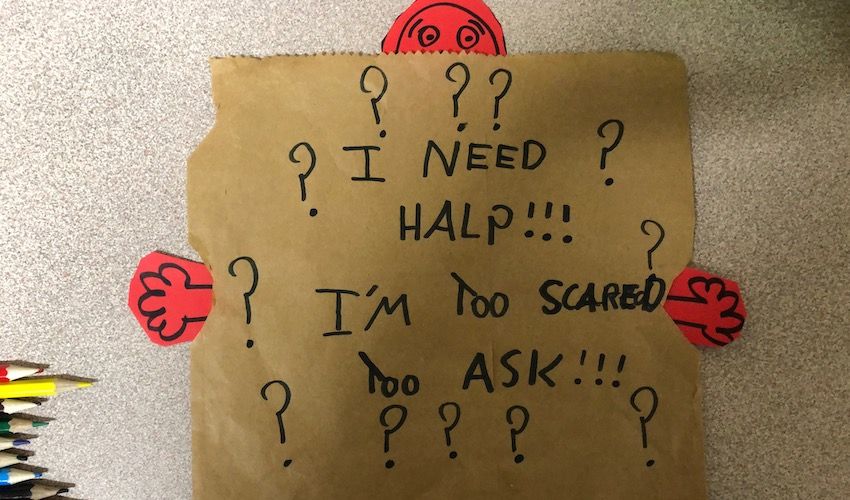
Children caught up in a loved one's drug or alcohol dependency are using art and poems to share their emotions and manage the effect of addiction on them.
Silkworms is a four-day programme from the Silkworth Charity Group, which uses various activities and games to help explain chemical dependency and its impact, while providing a shared experience for youngsters to help one another’s understanding.
It also provides children with tools to help them manage their emotions and to keep them safe beyond the programme. An aftercare service is also available with on-going support and monthly group meetings.
Jason Wyse, CEO of Silkworth - a charity offering residential rehabilitation for adults affected by drug and alcohol addiction as well as running a family programme and a recovery day service – said that it had always been an ambition of the charity to launch a children’s programme.
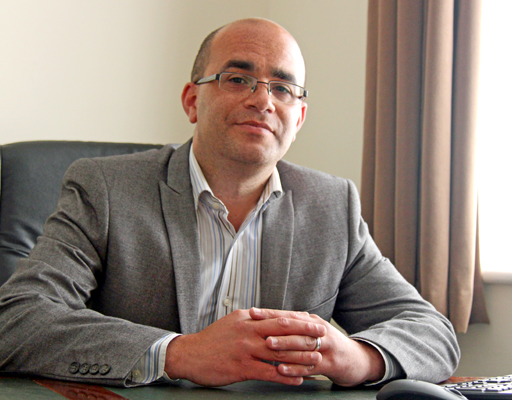
Pictured: Jason Wyse, CEO of the Silkworth Charity Group.
Silkworms was launched in May 2018, partly inspired by the Betty Ford Centre’s family programme, which was designed for anybody who has a loved one or family member suffering from chemical addiction.
Mr Wyse said children “suffer the brunt of addiction” and tend to blame themselves - something the programme hopes to end. “It’s a very emotive subjects for children. With more understanding around the illness, they learn it’s not something they have caused,” he explained.
Lynsey Mallinson, Children's Programme Facilitator, says that addiction can cause a lot of confusion for children as they wonder why their parent or loved one “can’t just stop".
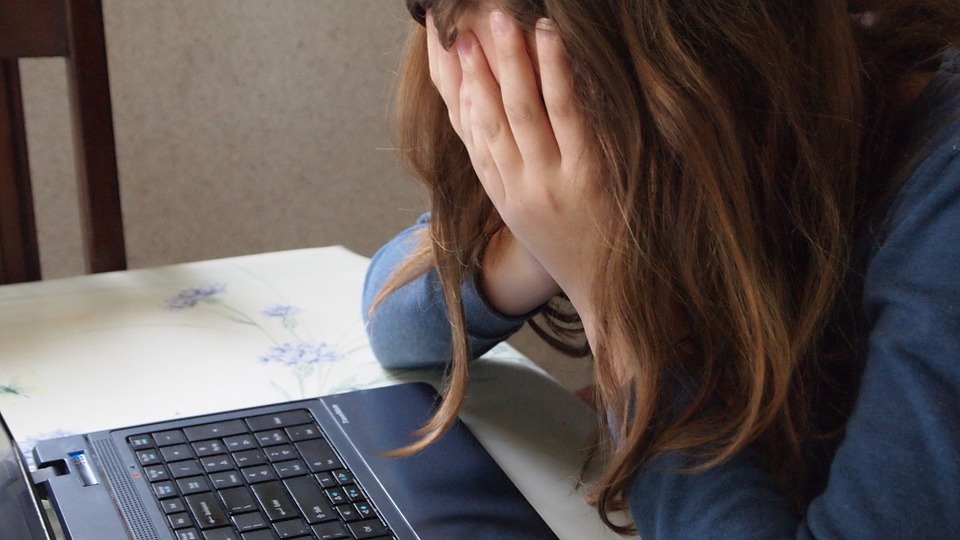
Pictured: Children can feel isolated when a loved one suffers from addiction.
“It causes mixed emotions,” Ms Mallinson said. “Hurt, sadness and frustration. They might have to get older quicker than they would because they have more responsibilities. Children hear things, see things, there’s the arguments and conflicts addiction brings. It can be a very lonely experience.”
Using play, arts and crafts, writing and drawing, Ms Mallinson tries to get children talking about addiction and how it makes them feel, even though sometimes they might not be sure what they want to share.
She explained that most children don’t even talk about addiction with their families and that opening up the dialogue is a major step.
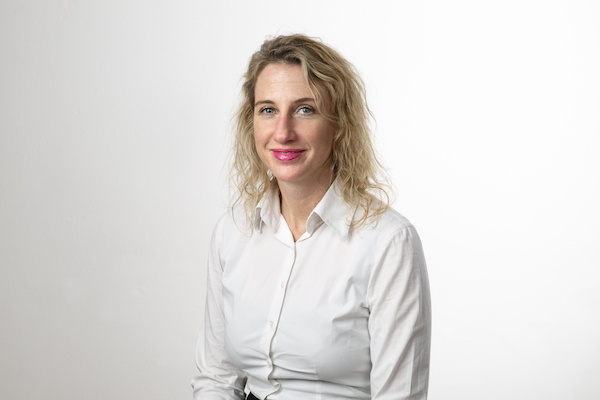
Pictured: Lynsey Mallinson says it's important for children to know they are not alone.
“There is a freedom in being able to share and to talk about something that’s never been talked about,” she explained. “The group enables them to talk in a safe space, they feel lighter after it’s been shared. It’s important they know they haven’t caused addiction and can’t control it. We also talk about ways to stay safe and manage emotions.”
In 11 months of the group’s existence, Ms Mallinson says the feedback from the children who have taken part has been great. Many reported they understood their family member better and felt more able to manage their feelings and emotions.
Some families have also been brought closer. Ms Mallinson says a number of strong friendships have also been formed.
One of the main benefits of children sharing their experiences with the group is that they collectively realise they are not the only one with a loved one living with addiction.
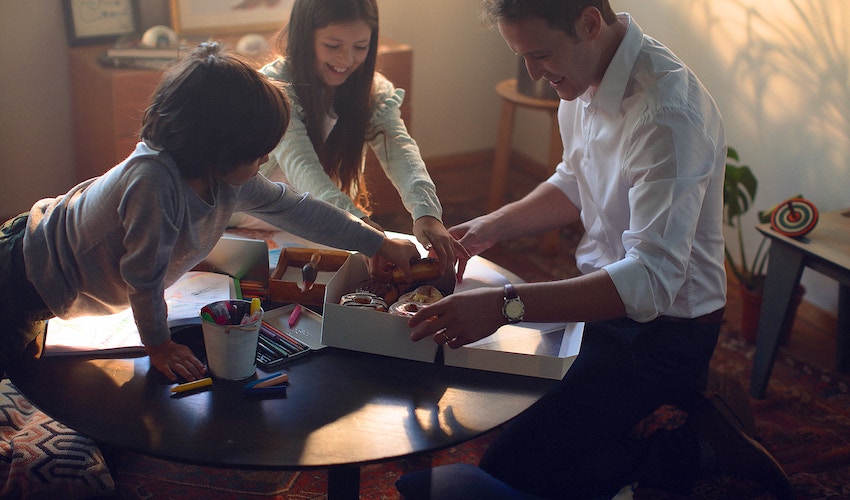
Pictured: Children are encouraged to talk to their families about addiction.
Ms Mallinson also says that educating children about addiction will give them the right tools for when they grow up. It can also help beat down stigma attached to addiction. “The key is to raise awareness,” she said.
“The more they know about addiction the more choices they can make. Alcoholism is not talked about but it’s hugely damaging and has a huge impact.
“We also try and encourage communication with other family members so that the family can talk more about it.”
Comments
Comments on this story express the views of the commentator only, not Bailiwick Publishing. We are unable to guarantee the accuracy of any of those comments.